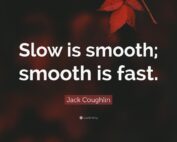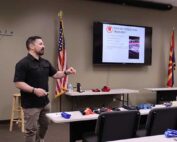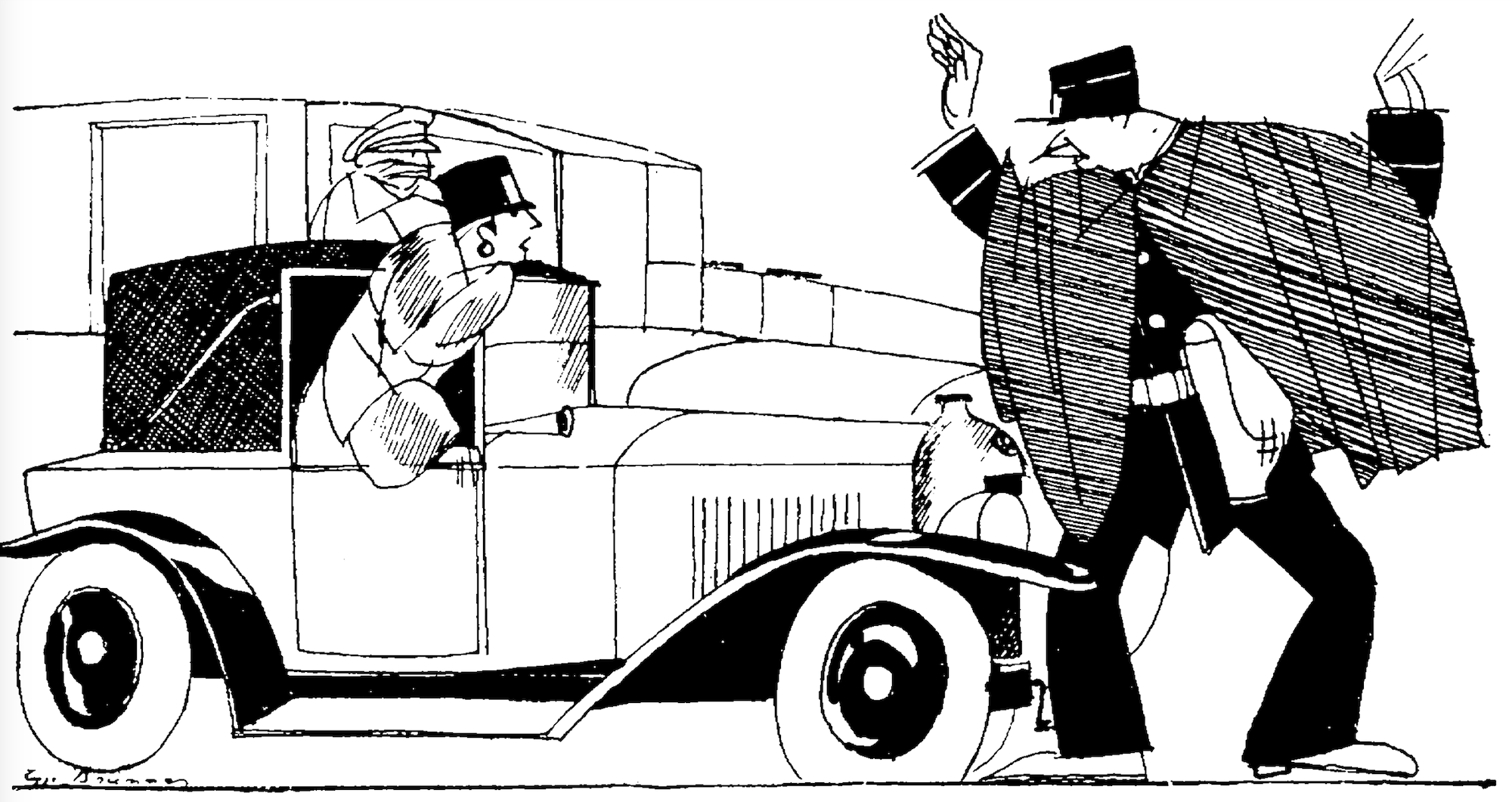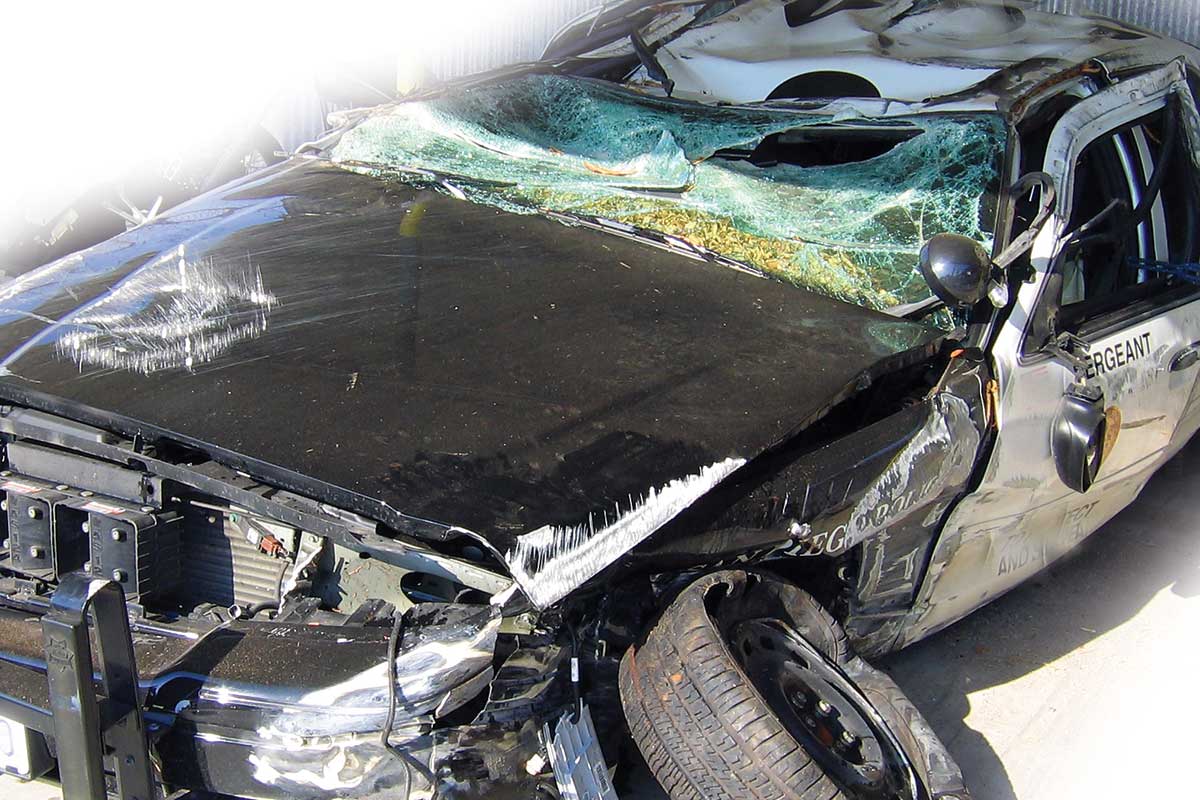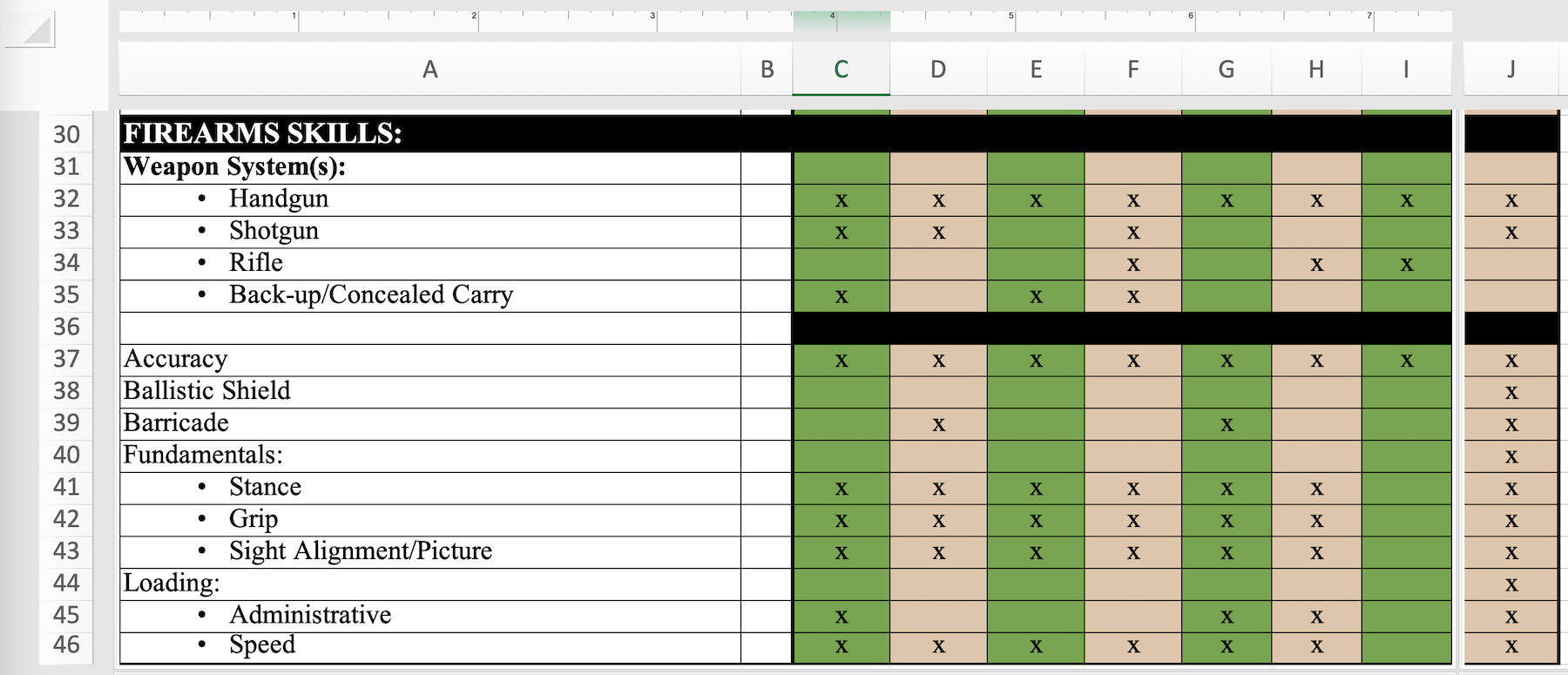
vantage
When I was just a baby cop I remember many days wondering if I was ever going to be a “good cop.” In hindsight I’m stunned how any of us couldn’t help but have abject terror about our abilities early on, considering we were sent out into the big bad world with a mere 4 months of academy training. After the academy there were 4 months of phase training for me. I suffered through a couple of less-than-stellar FTOs, which didn’t exactly instill a lot of confidence in my abilities either. I’m sure I wasn’t alone in my feelings of inadequacy — today’s rookies probably have many of the same feelings — although the academy and training process has improved through the years.
We’re led to believe FTOs are all-knowing mentors to rookie officers who practice sound tactics, are hard-charging go-getters and will instill good work ethics — they’ll help shape our careers. While there are incredible FTOs out there, many give up, get tired of back-to-back trainees, burn out on the extra paper or otherwise become drones. Some only look upon their next trainee as a pay incentive to help with their bills or make another toy more affordable. Still some have barely been in the field more than a year or two and have yet to truly find their own stride.
Something I’ve found lacking in many newer officers is a thirst for knowledge. The number of times I’ve asked about basic police practices or laws has been met with shrugged shoulders and an “I don’t know” response. Unfortunately the subject will simply die without so much as an additional statement like, “Let me look into that” or something similar. Is this lack of enthusiasm a result of poor training — perhaps your FTO didn’t know something, so it went undone or ignored? Or is it because the individual officer just doesn’t care?
Maybe it’s a little of both. Ultimately, it’s up to each of us to take responsibility for steering our careers. It’s a little unnerving for citizens when we come across as being comfortable with not knowing something or failing to show any interest in finding out an answer to their question — it’s what that shoulder shrug you do implies.
What do you think a jury might think of you if you kept saying, “I don’t know” to questions asked during a trial? Better yet, suppose your response is “I don’t know” and the defense attorney whips out the Penal Code, Vehicle Code or whatever and shows you how easy it is to find an answer? Would it be worth having egg all over your face? But the person on the street is the person you’re more likely to have a lasting impression on rather than the jury. You’re likely to be thought of as lazy, ignorant or, worst case, arrogant — too good to be bothered with knowing mundane laws.
This thirst for knowledge goes beyond what the average Joe might ask; it’s knowing where your reports, tickets and arrests go after you’ve turned them in. Do you know what happens to your stuff once you’ve put it in the box to go to Records Division? Do detectives follow up on the crime/crash reports you’ve submitted? What about arrest reports; is there any kind of follow-up or are they stand-alone reports to be issued (or not) by the prosecutor? More importantly, is the prosecutor actually filing your cases? If not, why not?
I readily admit, in my early years I was as clueless as the next guy about a lot of the goings on after turning in my paper at the end of shift. The only time I “knew” anything is when I got a subpoena (now there’s a clue). Occasionally I’d get a report kicked back by a detective asking if I had any more information, or to rewrite it because it was such a terrible report. And every now and again I’d get an arrest report back from the prosecutor requesting specific additional information. And even though I grumbled about it (too selfish and stupid to see they were helping make me a better cop), I managed to learn how the system flowed.
All of this helped create my thirst for knowledge and I was curious what was happening with my cases. I started checking the computer to see if my cases were being issued, but hated it when I saw a case dispo’d, “dismissed for furtherance of justice.” What that disposition really means is anybody’s guess and I think many times it’s a way of dumping a case the prosecutor doesn’t have a 150-percent shot of winning.
At one point when I felt really bad about cases not being issued, I asked for a face-to-face chat with the issuing prosecutor — I had to understand what I might have been doing wrong and where I might improve to ensure case issuance. Sure, I could’ve just shrugged it off and not cared, but why waste my time and efforts to not see a case all the way through?
When you have a thirst for knowledge and you quench that thirst, you serve your community better. You also make yourself more marketable and valuable to your agency. Don’t be satisfied only going through the motions. Don’t have a 20-year career, repeating the same year 20 times in a row. Be curious about why you do things in a prescribed manner. Don’t settle for, “Because that’s the way we’ve always done it,” or “Because that’s what they told me to do.” And don’t ever settle for shrugging your shoulders and saying, “I don’t know.”
By Suzi Huntington
>> Click Here << To Read More May 2013 Vantage Point
>> Click Here << To Order Your Copy Of The American COP May 2013 Issue Today!




